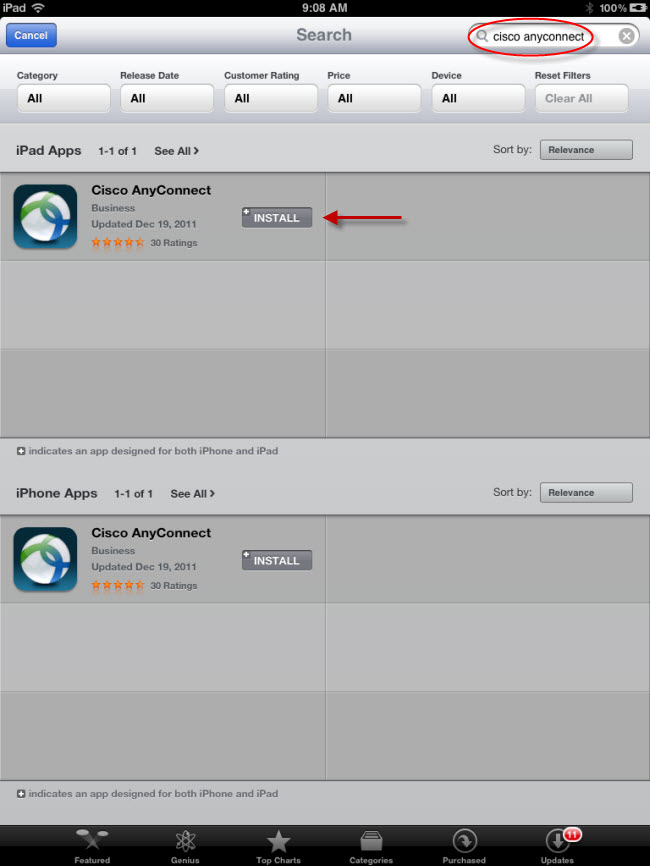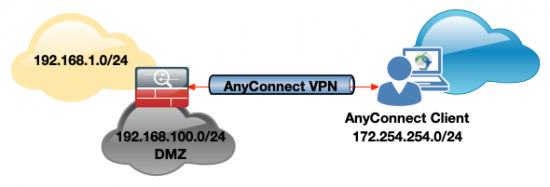

Using a VPN can help keep your important information safe from hackers. Whether you’re catching up on homework in Starbucks or working on a project in the public library, insecure connections may leave you vulnerable to malicious users interested in your personal information. Public Wi-FiĪnother situation in which you might want to secure your browsing information is when connected to a public Wi-Fi network. Additionally, some UMD library resources require a VPN connection for access from off-campus.

It may also be required to use VPN while on-site while connecting to specialized databases or dealing with confidential information.Īt the University of Maryland, you’re required to connect to specific VPN networks when accessing the Kuali Financial System and Warehouse on the Web. Many companies require that their employees use a VPN to access the company network when working on mobile devices or when they’re off-site. VPNs help block that information from prying eyes. If your network connection is insecure, like in a public Wi-Fi setting, or a website uses no encryption (or poor encryption), malicious entities may also pick up the information you’re sharing with websites. You also share information with your internet service provider, such as your IP address and browsing history. When you log into Facebook or Twitter, you transmit your username and password, usually as encrypted data. Keeping Your Information PrivateĪs you browse the internet, you share information with the websites you visit. There are two main reasons to use a VPN: to protect your privacy and to connect to specific networks (such as a school or work network). Your actions are then routed through that tunnel, which is anonymous and private (except to your VPN provider). Network: VPN works by creating a secure connection, or “tunnel” between your computer and a remote server. However, the VPN provider may still collect information about your session, so be sure to choose a trustworthy provider. VPN allows you to connect to a secure network that is only available to users with certain permissions.Īll information connected to a browsing session while using a VPN is restricted to that network. Private: VPN increases the privacy of a user’s connection. Virtual: VPN does not require extra cables or physical infrastructure. The truth is, VPN is a critical part of staying safe online, which is why it’s important for all of us to understand how it works and when to use it. But what does it mean? And how does VPN work? And also, why should you care? You may have heard the words “virtual private network” or its acronym VPN mentioned by the computer savvy.


 0 kommentar(er)
0 kommentar(er)
